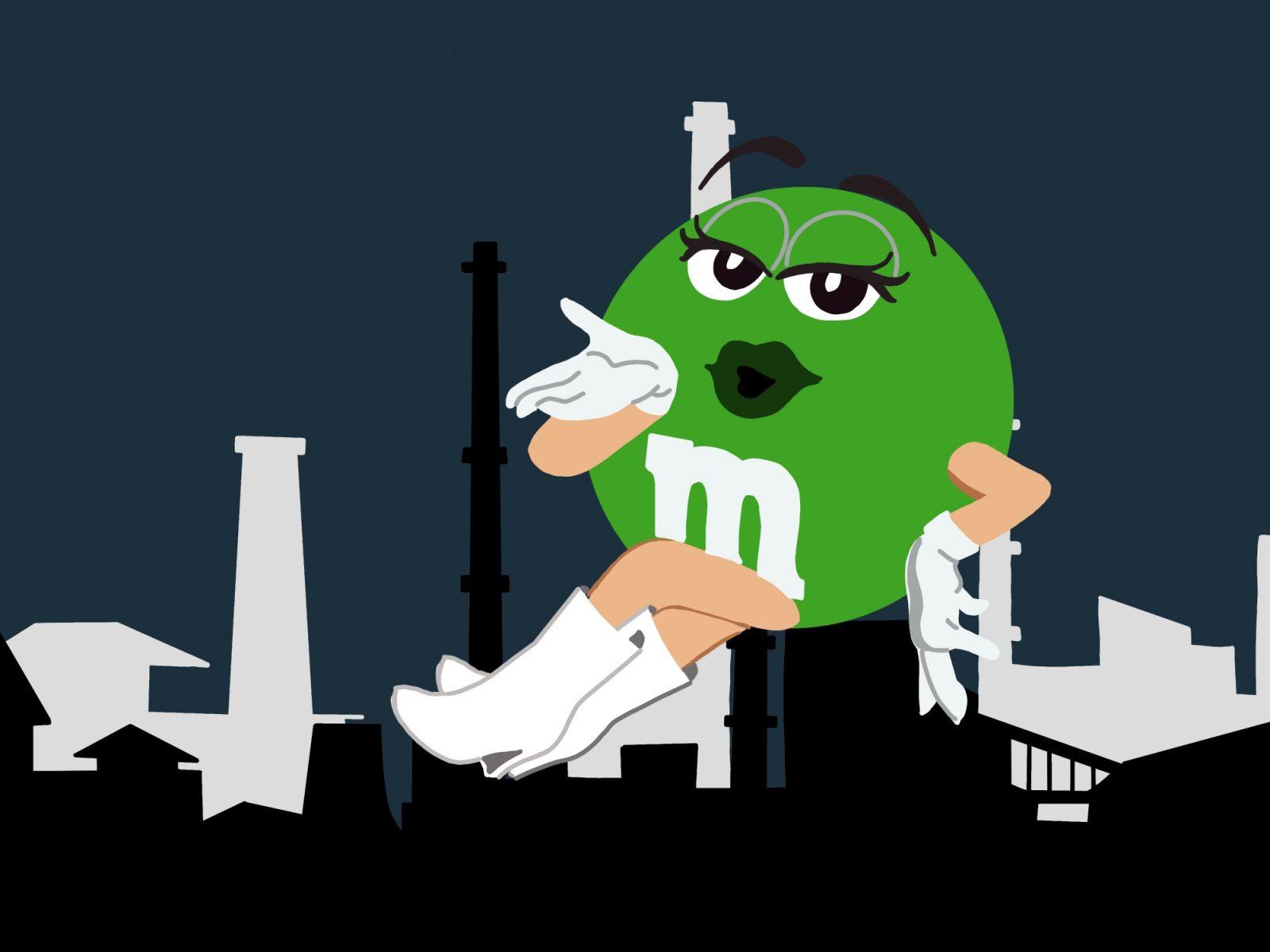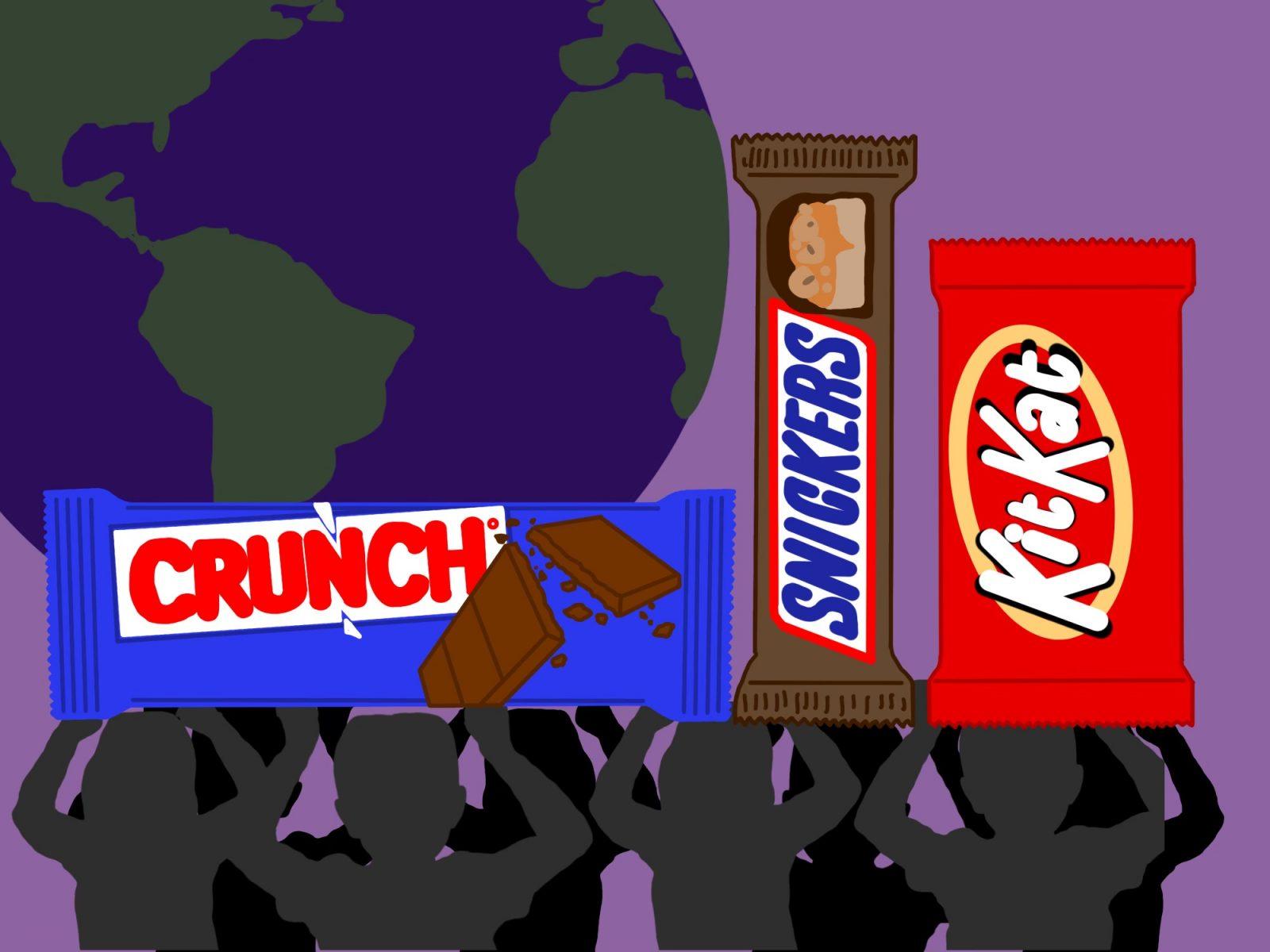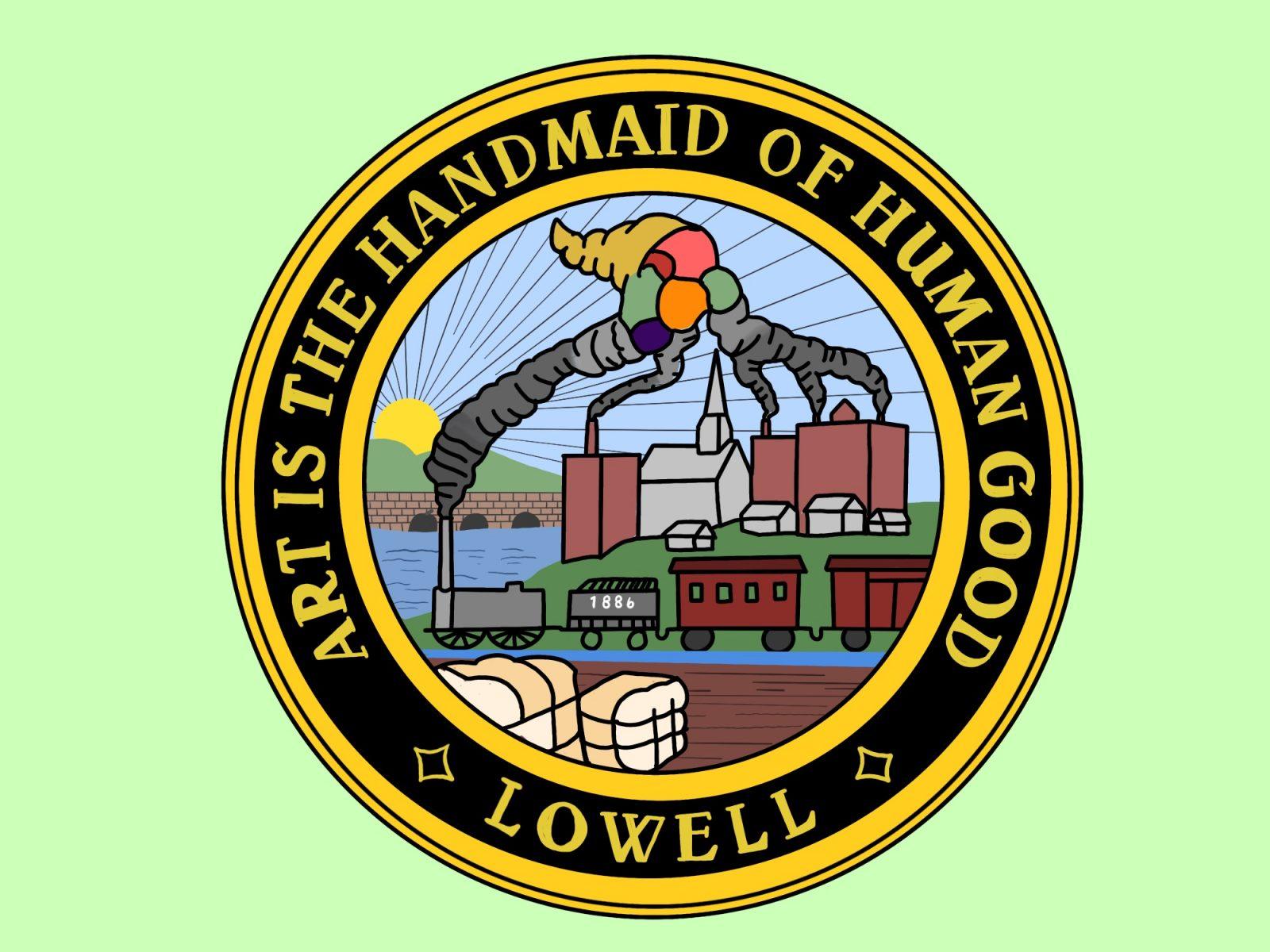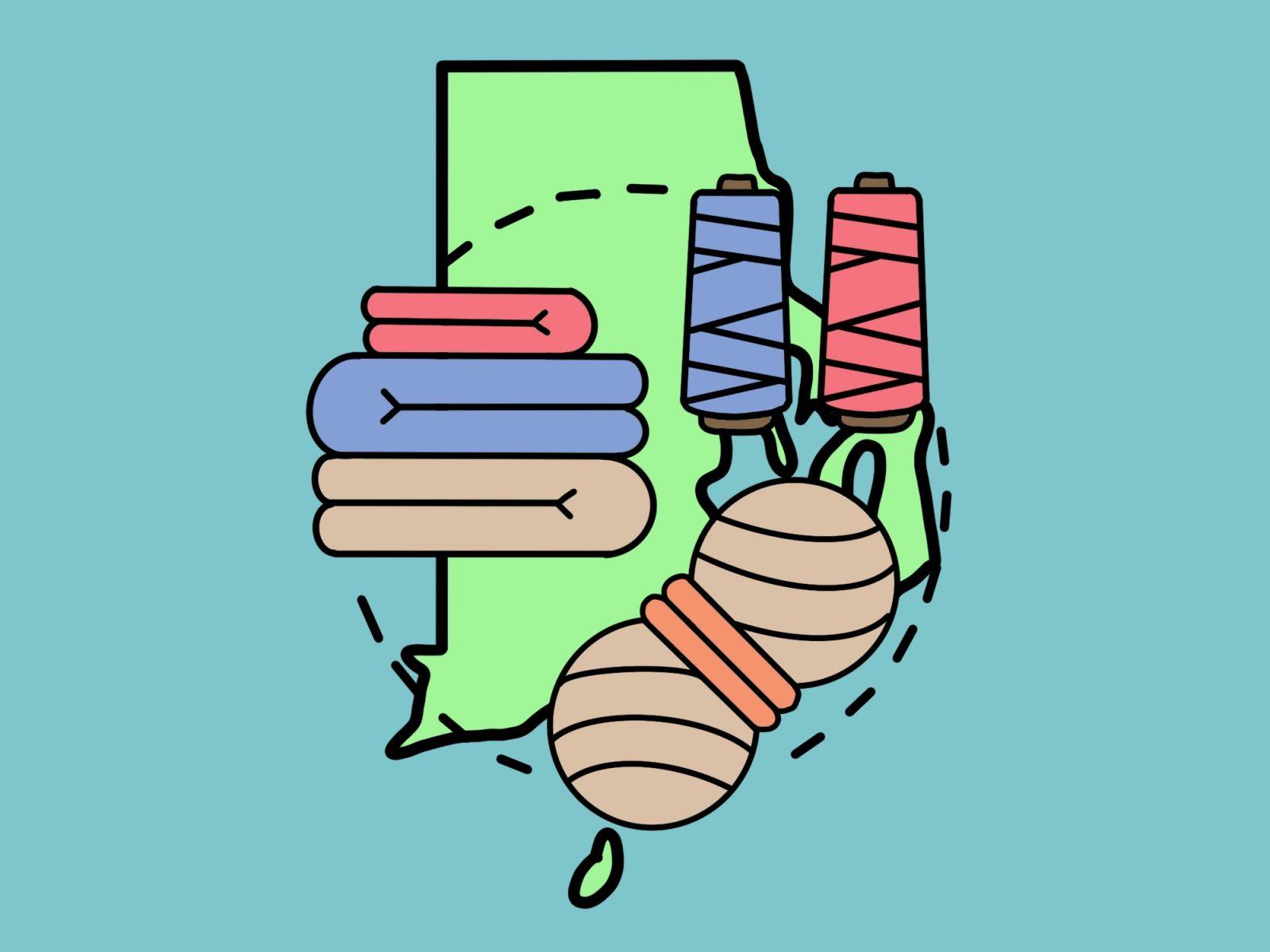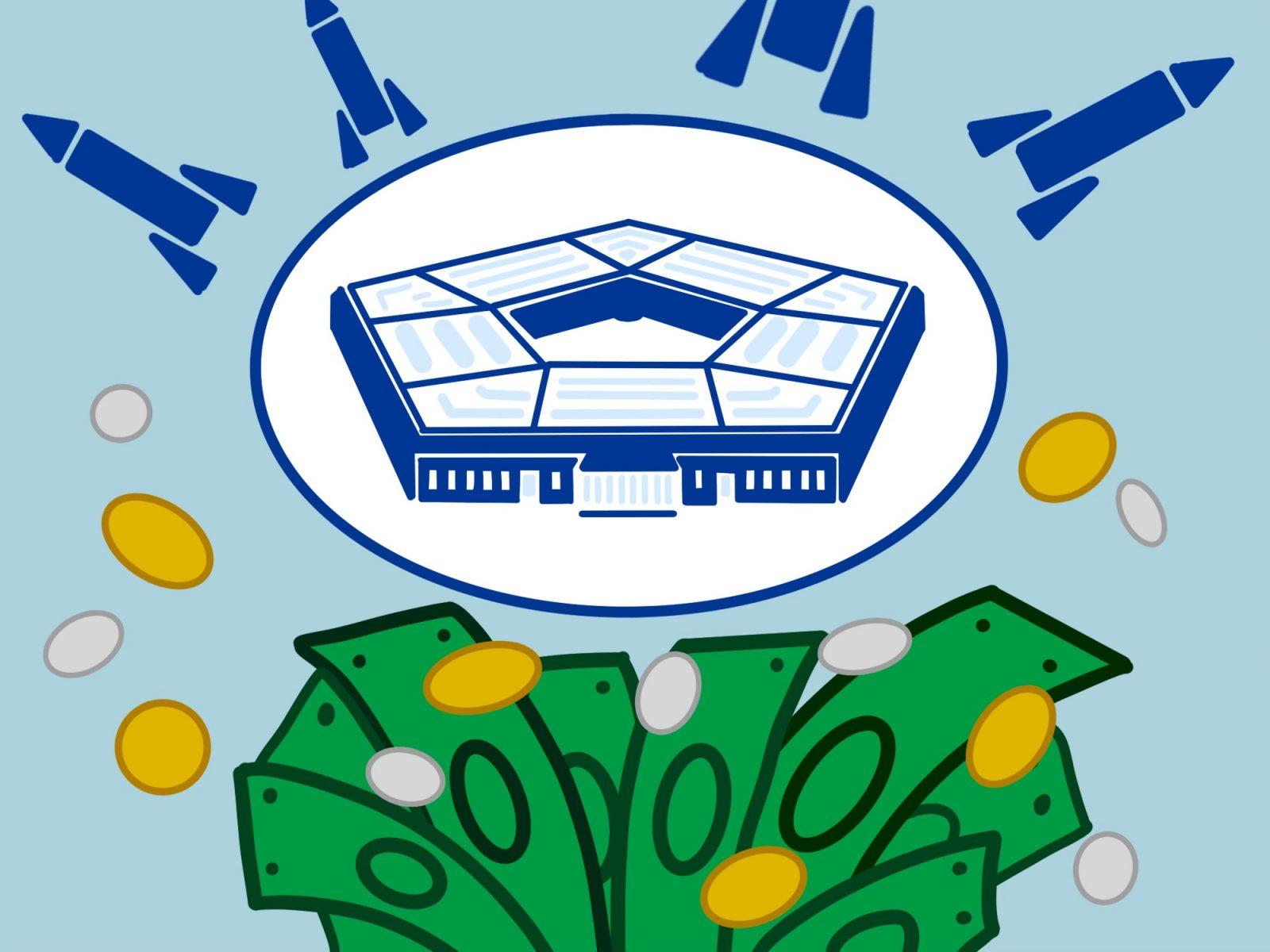In 2019 the advocacy organization Mighty Earth published a 54 page report documenting the numerous abuses committed by the agribusiness giant Cargill Incorporated, called “Cargill: The Worst Company in the World.”
This report tells the harrowing tale of child slavery, systemic discrimination, indigenous land confiscation, deadly disease outbreaks, union busting, safety violations, price fixing of essential goods, tax evasion, irreversible environmental devastation and other examples of Cargill’s corruption far more comprehensively than a single opinion column ever could. I implore anyone with the time to take a look at it.
However, I would have to disagree with Mighty Earth’s conclusion. Being the largest privately owned enterprise in the United States, as far as companies go, Cargill is obviously one of the best. How, and why, is this allowed to happen? How has Cargill, over its 157 year history, accumulated so much wealth and power to be allowed to commit Disney-movie-esque levels of villainy? And, why have the governments of the over 70 countries/regions Cargill operates in, not used their force to curtail it?
Cargill’s M.O. is being the biggest middle man for the world’s most invaluable commodity — connecting crop and livestock producers to each other, grocery stores, restaurant chains and other food distributors. They’ve raked in record breaking revenue of $165 billion over the last fiscal year, which exceeds the GDP of over 137 — more than 2/3 — sovereign states.
The Cargill-MacMillan family, the fourth richest in the nation, owns 88% of their namesake company and began making their fortune when their founder W.W Cargill bought a single grain silo in Conover, Iowa.
From there, Cargill aggressively accumulated as much of the storage and transportation infrastructure on the American frontier’s rapidly expanding grain industry as he could. Thus making it nearly impossible for small family farms to survive without working through his business.
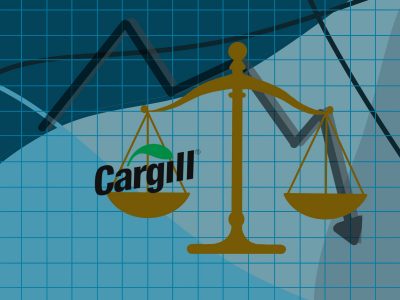
By the 1900s Cargill’s tendrils had ensnared the crop seeds, fertilizer, farming tools, meat packaging and food brokerage businesses. From there they bought out as many of their competitors as possible (over 41 acquisitions) on the road to become the vast profit-making monolith they are today — which nearly the entire agricultural economy must belabor under to try and perform its function of feeding the masses.
Once Cargill cornered so much of the market, they began gambling on the future prices of staple crops through commodity futures trading. Since they had so much insider information about these industries, instead of needing to cut prices for consumers to keep up with the competition, they could control the supply, fix prices, and make the most of every investment to the detriment of the people’s ability to feed their families.
From the very beginning Cargill has not been in the business of creating value, but instead, of extracting profit by utilizing a stranglehold on vital resources.
Neither have they inspired innovation by increasing competition. Imagine all the agricultural advancements that could have been, had the agribusiness not been so totally dominated by a few mega-conglomerates.
Cargill therefore represents the failure of nearly unfettered free markets to deliver the promises they make of innovation, abundance and value.
In the United States, the wealthiest nation in the history of humanity, 1 in 10 people are food insecure. In the entire world, that number looks more like 1 in 3 of all human beings. This, all in spite of the fact, that what innovation has occurred created a sufficient caloric surplus to feed the entire population decades ago.
And why is this allowed to happen? Agribusinesses lobbying Congress with more than $143 million annually may have something to do with it. As well as the economic power generated by American multinational megacorporations directly translating to the political power of United States politicians.
What incentive would the megarich, who comprise most of the political class, have to undermine the mechanism enabling their opulent lives of luxury?
Here is what you must remember, this is not a defect, this is the system working as intended, by the only metric that matters under capitalism — profit. Cargill is the single most successful private enterprise in the single most successful country in the world.
As long as corporations like Cargill are relied on to provide people with necessities for life such as food, water, shelter and healthcare, they will continue to fall short. The simple fact is that exponentially increasing shareholder value and solving world hunger are two mutually exclusive objectives, and the powers that be have no interest in ever resolving this contradiction.


















































































































